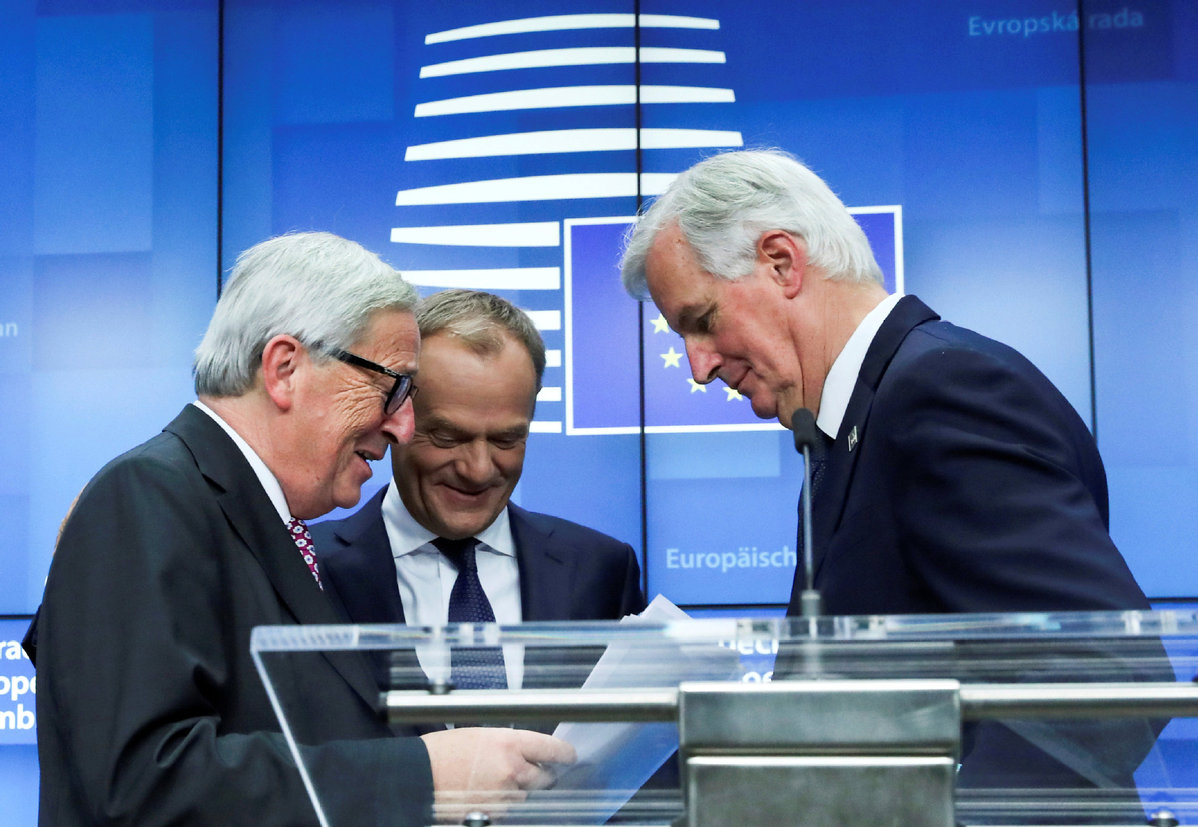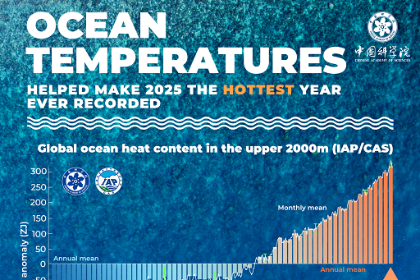EU election might redistribute political cards


The campaign is coming to an end. The candidate lists have been submitted to voters at the national level, which involves 28 different political configurations in each of the European Union member states based on the discussion of domestic issues. And due to the postponement of Brexit, the United Kingdom will take part in the elections to the European Parliament from Thursday to Sunday, even though its deputies might attend the EP for just a few months.
Political debates have also been triggered at the EU level as a whole, with the focus on which political groups would win the highest percentage of votes in the EP election.
For small-scale political movements, the aim is to bring together at least 25 EP members elected from no less than a quarter of the EU member states-as those are the necessary thresholds to form a recognized political group.
Main parties aim to win as many seats as possible
The aim of first-rank political parties is to win a high number of seats so that they can form a majority group with another party or other parties in the EP, because no European party is expected to win the majority of the seats on its own.
According to the spitzenkandidaten (main candidates) system, each party is invited to nominate a European leader before the elections, and the one representing the party with the highest number of seats in the EP should be designated as president of the European Commission. This system was adopted in 2014 to politicize the debate at the EU level and constrain the decision-making power of the heads of state and government. It can be regarded as a democratic breakthrough.
Macron's centrist ambition thwarted
After his successful campaign in 2017, French President Emmanuel Macron dreamed of applying his policies on a European scale in order to narrow the left-right divide and give Europe a purely centrist majority to resolutely set a social-liberal course as well as give a new impetus to European construction.
But Macron's attempt to occupy the European center stage faced a conceptual problem: centrist politics, usually in minority in France, is predominant or well established in several other EU states. In addition, Macron's position has been considerably weakened as he has had difficulties in implementing his reform agenda even in France-above all, the "yellow vests" protests have rendered him nearly powerless since November last year.
Further, the European centrist group, Alliance of Liberals and Democrats for Europe, including Macron's supporters, hopes to consolidate its presence in the EP by garnering more support in France, Italy and Spain, and even regain its position as the third-largest group in the EP, which it lost in 2014.
European conservative threat from the right
During the 8th parliamentary term (2014-19), the main group, the conservative right-wing of the European People's Party, won 29.2 percent of the total votes. However, given the emergence of populist and nationalist forces and the retreat of the major traditional right-wing parties in most countries, the EPP is predicted to win only a quarter of the seats, or even less.
The phenomenon of strengthening Euro-skepticism, even Euro-phobia has been observed in almost all EU states, more particularly in the five countries which accounted for the largest number of EPP members in 2014: Germany, France, Poland, Spain and Italy.
Strengthened by this dynamic, the far right which is still a minority in the EP has managed to start a debate among European people on the "acquis communautaire", the reasons behind the decades of crises in Europe, and the budget constraints imposed by Brussels. It has also sparked a debate on whether EU countries should return to full sovereignty, or simply exit the EU.
One question remains: Will Euro-skeptics and Euro-phobes, who were divided into three groups in the 8th European legislature, come to an agreement and form a united group? The divergences, sometimes even antagonism, between these movements on the historical roots and geostrategic positions-especially with regard to Russia-makes the chances of a rapprochement between them even more complicated.
Left appears more crumbled than ever
It seems the center-left parties, which are part of the Socialists and Democrats group-the second-largest bloc in the EP at present-will suffer a historic setback. They are in power in Spain, Greece, Portugal, Romania and Sweden. Yet in France, the Socialist Party has failed to build a credible opposition to Macron. And in Germany, by joining German Chancellor Angela Merkel's coalition government, the Social Democratic Party has disappointed left voters. So the number of S&D group members in the EP could decrease by a fifth.
Moreover, the anti-liberals have not been able to seize the baton to guarantee a left-wing leadership, because they are divided on several political issues. In the European United Left group (GUE), there are parties that believe in Soviet-style politics and political structures. The group also includes parties that led or were involved in recent movements, such as Unruly France and Podemos (Spain). Furthermore, the recent "European Spring" movement offers an alternative to the dominant neoliberal model despite endorsing the EU spirit.
On the left, only the ecologists (The Greens) are likely to improve their representation. They can gain in the election for two reasons. First, real environmental gains can be achieved only at the global level, and a big economic bloc can more effectively implement sustainable development policies. And second, European regulations in this area constitute a buffer against national governments that are often prone to yield to lobbies.
Alternative form of governance a dream
In such a fragmented environment, the European left groups may not be able to come together to propose an alternative form of governance.
The EP has published an overview of recent opinion polls in the 28 EU states, which shows the EPP would win 24.0 percent of the seats, the Euro-skeptics and Euro-phobes 23.1 percent, the S&D 19.8 percent, the Alliance of Liberals and Democrats for Europe 13.0 percent, the GUE 6.1 percent and the Greens 7.6 percent.
Even if it would be risky to extrapolate the final result from these estimates, they give a rough idea about the next power balance in the EP.
The author is an adjunct researcher at Fudan Development Institute and deputy director of the Department of Report of the Public Session, National Assembly, France. The views don't necessarily represent those of China Daily.

































